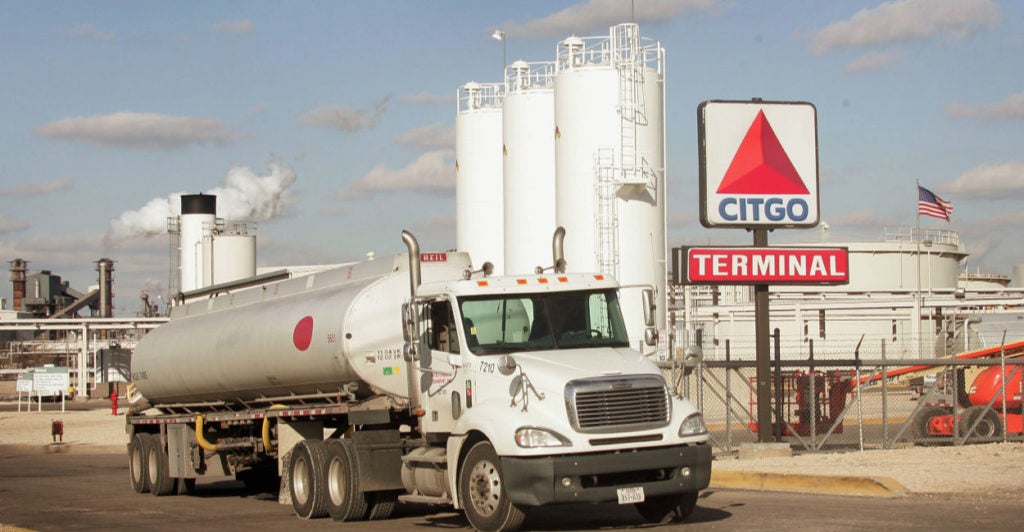Saudi Arabia and Russia are engaged in a price war—both increasing oil supplies at a time when world demand is precipitously dropping. To help U.S. producers, President Donald Trump has threatened to impose tariffs on imported crude oil in response.
Talks between Russia and Saudi Arabia are now scheduled for Thursday, and reports indicate the two countries are close to reaching a deal to cut production and return some stability to global oil markets.
Regardless of whether the countries come to an agreement, enacting tariffs on imported crude is not the solution and will do much more harm than good.
When it comes to oil, a barrel extracted in Texas is not the same as a barrel extracted in Saudi Arabia. Crude can range from very light to very heavy depending on its density, and sweet to sour depending on its sulfur content. Most of the growth in U.S. production from the shale revolution is light, sweet crude.
Refiners across the country are equipped to process a range of crudes. According to the U.S. Energy Information Administration, “Overall U.S. refining capacity is geared toward a diverse range of crude oil inputs, so it can be uneconomic to run some refineries solely on light or heavy crude oil.”
Refiners set up to process light crude have almost entirely eliminated imports from places that extract similar grades of oil, and companies have made investments to refine more light crude.
But Gulf Coast refineries are set up largely to handle medium and heavy crudes from Mexico, Canada, the Middle East, and until recently, Venezuela.
Well before the significant increase in domestic oil production, companies invested $100 billion in refining capabilities to handle heavier crude imports.
The Energy Information Agency says that heavy and medium crude oils “traditionally” have traded for less than light, sweet crude. But since 2012, we have imported less of the light, sweet crude, which has lowered the costs of acquiring now-less-in-demand heavier oils.
Therefore, despite the U.S. ascending to the top spot in global oil supply, it still makes economic sense to import and refine the heavier, sour crudes.
Imposing tariffs would serve as a tax on U.S. refiners and inhibit their ability to import cheaper crude oil. As a result, tariffs would amount to an energy tax on American families and businesses.
Americans may not drive or fly as much these days, but such a tax still would increase transportation costs of food, supplies, and other resources that help families get through the pandemic.
Open markets have been good for crude producers and domestic refiners because they have better matched different crudes with specialized refining capabilities.
Importantly, the free flow of crude oil and refined petroleum products have helped consumers by getting more petroleum to the market and sending resources to where they are most efficiently used.
Tariffs not only would erase those gains, they could provoke retaliatory measures that further harm American businesses and consumers.
Tariffs will not save struggling U.S. oil and gas producers. Quarantine, social distancing, and traveling restrictions in the U.S. and the rest of the world have resulted in a drop in oil demand that IHS Markit projects could cut oil demand by half.
Even with no tariff in place, there already are tankers of Saudi oil sitting in the ocean with nowhere to go. Slapping a tariff on foreign oil won’t fix that; it will only mean deeper economic pain.
Trump has expressed a preference not to enact tariffs but said he would impose them if he had to.
As the U.S. gathers with Saudi Arabia and Russia this week, he doesn’t have to enact tariffs. In fact, doing so would harm American refiners and businesses and provide no meaningful help to the U.S. oil industry.
The spelling of IHS Markit has been corrected in this article.
